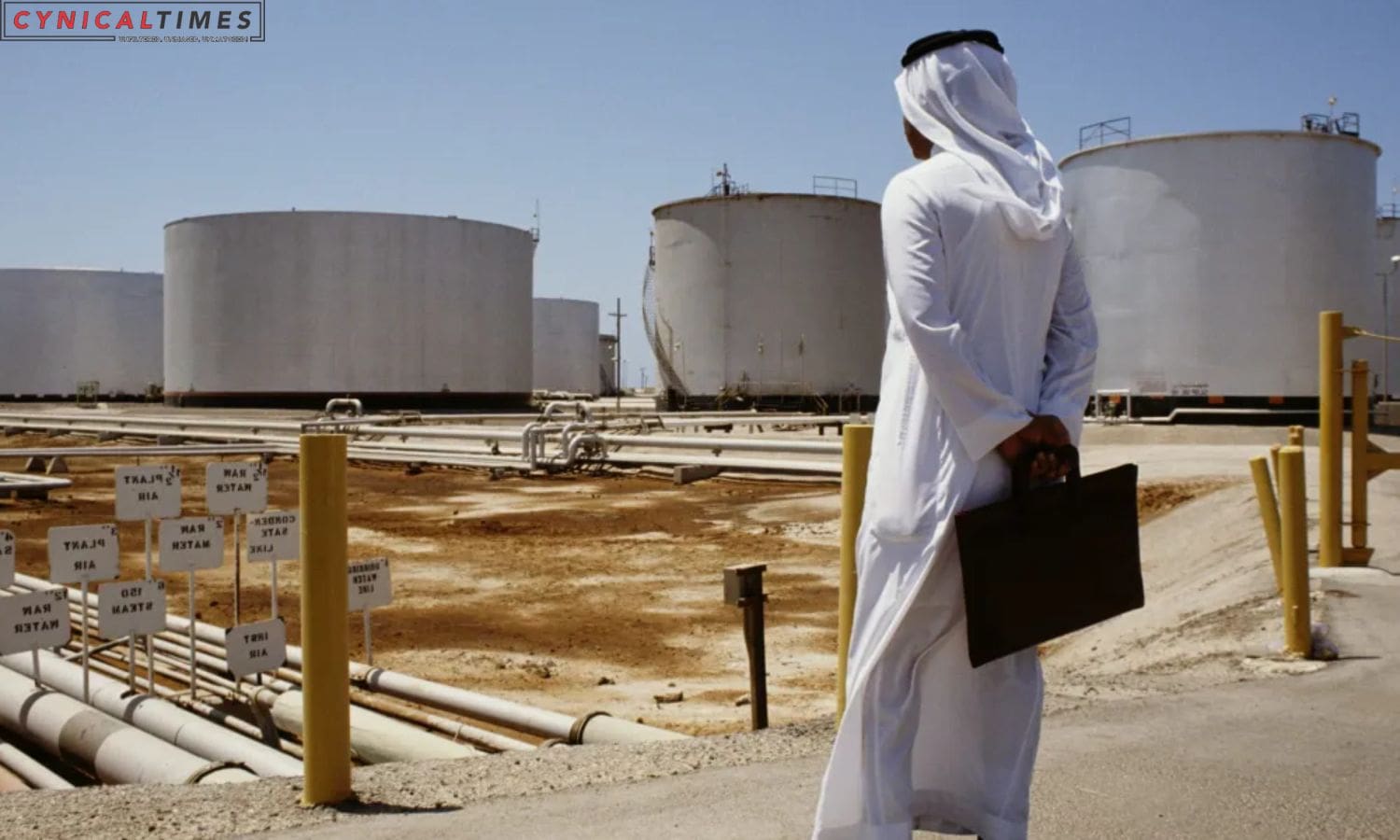OPEC Nations Unite for Bold Oil: On Thursday, OPEC+ announced that several nations will cut oil output by 2.2 million barrels per day in the first quarter of 2024.
Saudi Arabia, the largest crude oil exporter, will lead by extending its voluntary production cut of 1 million barrels per day for three months beyond December. OPEC+, the Organization of the Petroleum Exporting Countries and its allies, announced this decision.
An official from the Ministry of Energy told the Saudi Press Agency that output will remain at 9 million barrels per day until March 2024. After Thursday talks in Vienna, Saudi officials and other major oil producers reached this accord.
In addition to Saudi Arabia, OPEC+ imposed voluntary daily production cuts of 500,000 barrels in Russia, Iraq, the UAE, Kuwait, Kazakhstan, Algeria, and Oman.
The club also announced that Brazil, another major oil producer, will join next year. According to Brazilian Minister of Mines and Energy Alexandre Silveira, President Luiz Inacio Lula da Silva gave his permission awaiting a technical evaluation of the collaboration charter.
Brent crude, the global oil benchmark, and West Texas Intermediate crude, the US benchmark, settled at $82.83 and $75.96, respectively, after a 0.3% and 2.3% decline. Petrobras’ CEO said OPEC quotas wouldn’t affect production. Before OPEC+, futures traded between $84 and $79.
Originally set on Sunday, the ministerial meeting was moved to Thursday without explanation. Media reports quoting anonymous OPEC+ officials said the delay was due to differences about output levels and prospective cuts.
Despite the group’s plans this year to lower output by 3.66 million barrels per day until 2024 and Saudi Arabia and Russia’s voluntary cuts, Brent and WTI prices have fallen 13% and almost 16% since their late September peaks. Record US crude oil output and concerns about falling global demand, notably in China, the world’s largest oil importer, have lowered prices.
Also Read: Tesla Genius Move Cybertruck Broken Glass Incident Now a Hot-Selling $55 Sticker
Our Reader’s Queries
Why did countries join OPEC?
The aim of OPEC is to bring together and harmonize petroleum policies among its Member Countries. This is done to ensure that petroleum producers receive fair and stable prices, while also guaranteeing an efficient, economic, and consistent supply of petroleum to consuming nations. Additionally, those investing in the industry can expect a fair return on their capital. OPEC’s efforts are geared towards achieving these objectives.
What percentage of the world’s oil is held by OPEC nations?
The majority of the world’s proven oil reserves, estimated at 1,243.52 billion barrels or 79.5%, are located in OPEC Member Countries. The Middle East holds the largest share of OPEC oil reserves, accounting for 67.2% of the total.
What nations are the 3 top producers of OPEC?
OPEC+ members, comprising current OPEC nations, are responsible for producing a whopping 58% of the world’s petroleum. The United States, Russia, and Saudi Arabia have been the top three producers in recent times.
Did OPEC allies agree to modest increase in oil production?
The OPEC+ alliance, which has been meeting since Russia’s invasion of Ukraine in February, has agreed to increase their collective production by 100,000 barrels a day in September. This move comes after oil prices surged above $100 a barrel for the first time in eight years. The decision was made during their sixth meeting and is expected to have a significant impact on the global oil market.

